Search 743 results
Filter by
Events
Series
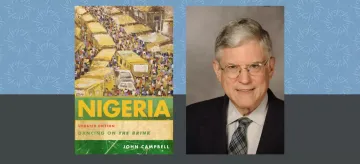
In this book, CFR Senior Fellow John Campbell examines Nigeria’s postcolonial past and offers policy options for the United States to help promote political, social, and economic development. Teaching notes by the author.
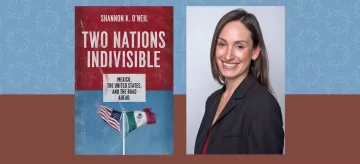
In this book, CFR Senior Fellow Shannon K. O’Neil explains that beyond the narrative of violence that dominates the headlines is a more hopeful Mexico with a globally competitive economy, a rising middle class, and increasingly influential pro-democracy voters—a country the United States should see as a partner, not a problem. Teaching notes by the author.
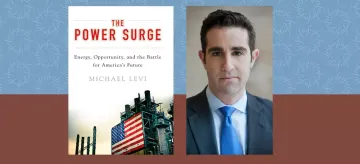
In this book, CFR Senior Fellow Michael A. Levi combines on-the-ground reporting with in-depth analysis to illuminate what’s really happening as the fracking industry takes root. Teaching notes by the author.
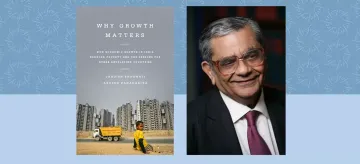
In this book, CFR Senior Fellow Jagdish N. Bhagwati and coauthor Arvind Panagriya argue that despite myriad development strategies, only one can succeed in alleviating poverty in India: the overall growth of the country’s economy. Teaching notes by Professor Bhagwati.
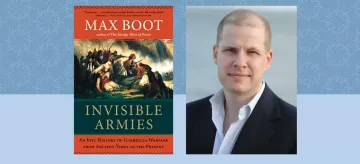
In this book, CFR Senior Fellow Max Boot offers a comprehensive history of guerrilla warfare and terrorism, and relates lessons of the past to current national security policy considerations. Teaching notes by the author.

In this book, CFR Senior Fellow Benn Steil challenges the notion that Bretton Woods was the product of an amiable Anglo-American collaboration, and explains that it was in reality part of a much more ambitious geopolitical agenda aimed at eliminating Great Britain as an economic and political rival. Teaching notes by the author.

In this book, CFR Senior Fellow Charles A. Kupchan argues that the world is on the cusp of a redistribution of power in which no single state or region will dominate—or govern—the international scene. Teaching notes by the author.
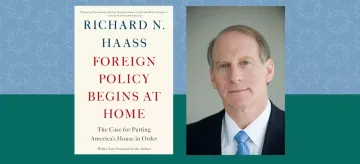
In this book, CFR President Richard N. Haass puts forward a new foreign policy doctrine of Restoration, in which the United States limits its engagement in wars of choice and humanitarian interventions abroad and focuses on restoring the foundations of its power at home. Teaching notes by the author.
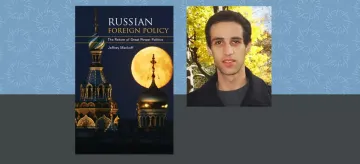
In this book, CFR Fellow Jeffrey Mankoff analyzes Russia’s interactions with major global actors and concludes that today’s Russia is more interested in restoring what its leaders consider to be its rightful place among the world’s major powers than in directly challenging the West. Teaching notes by the author.
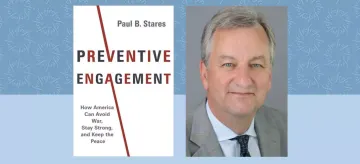
As the principal guarantor of international peace and security in an increasingly turbulent world, the United States is at risk of being drawn into potentially costly conflicts that, over time, diminish its power. In Preventive Engagement, Paul Stares offers a new comprehensive strategy for lowering this risk by reducing the demand for U.S. power overseas in the long, medium, and short term.